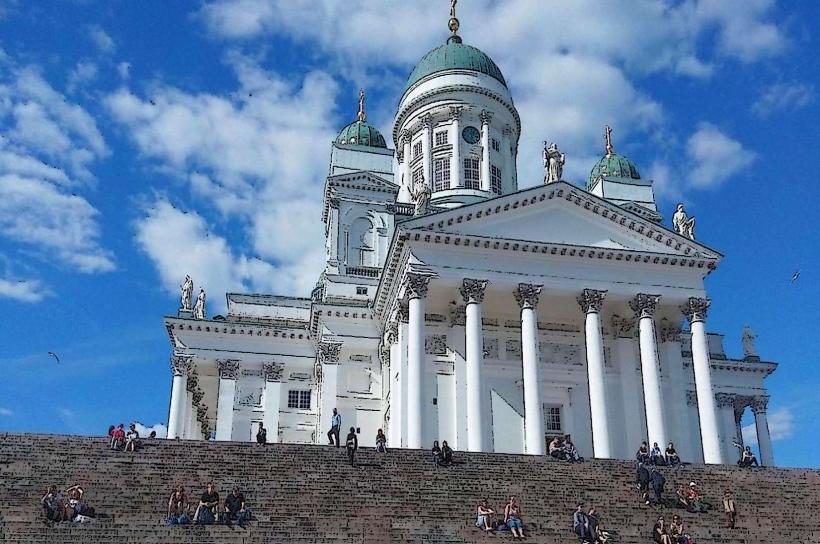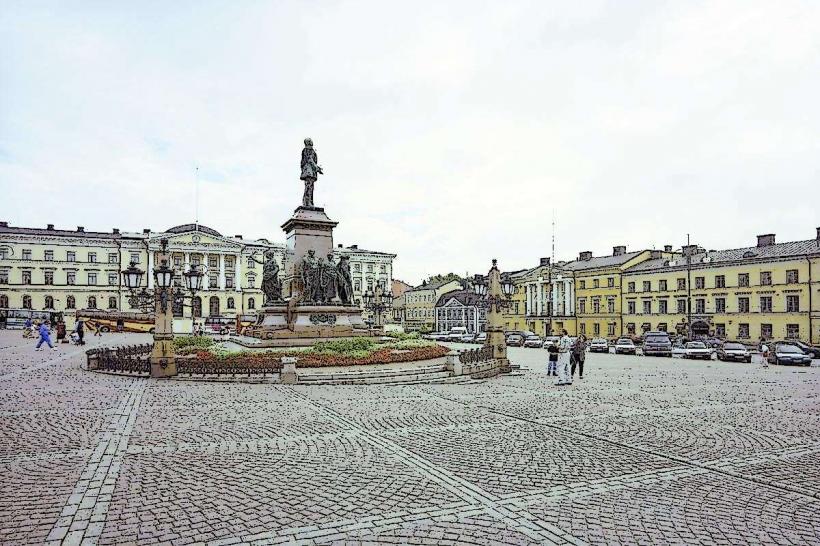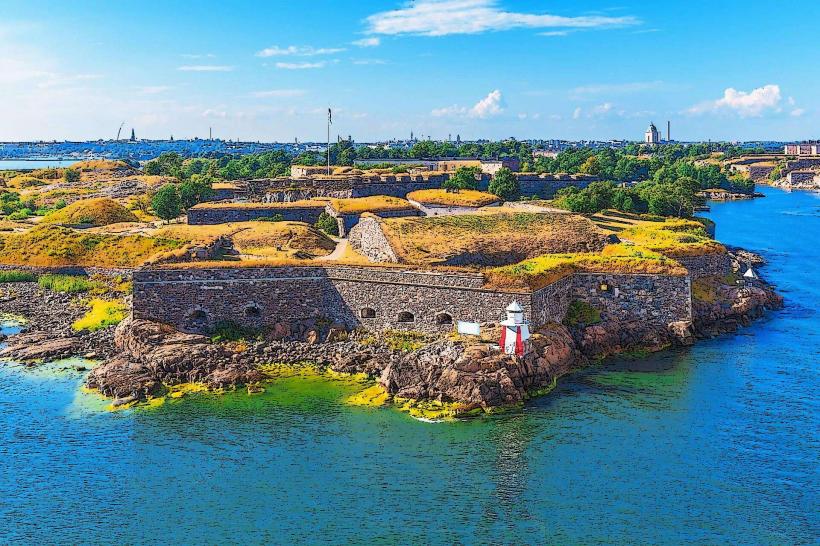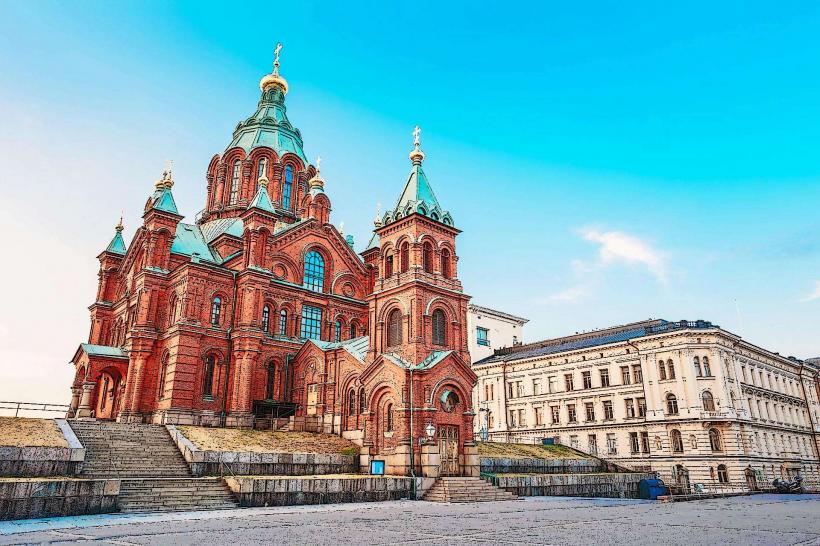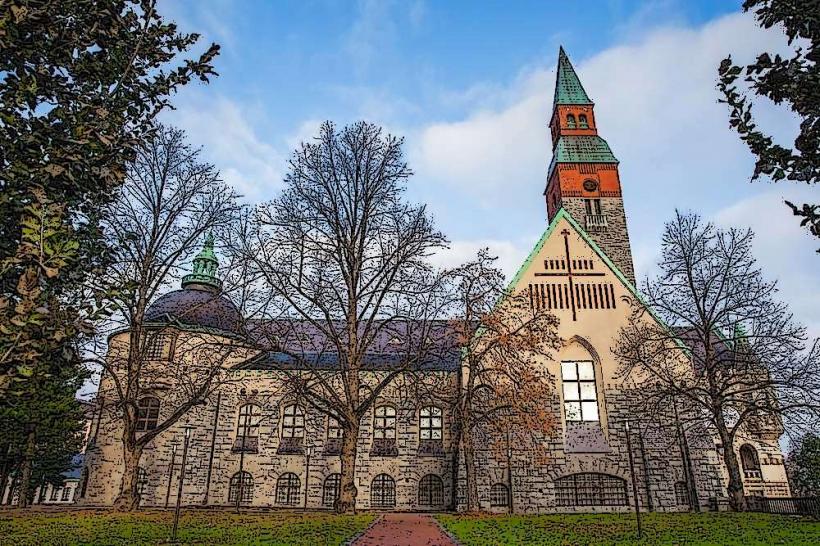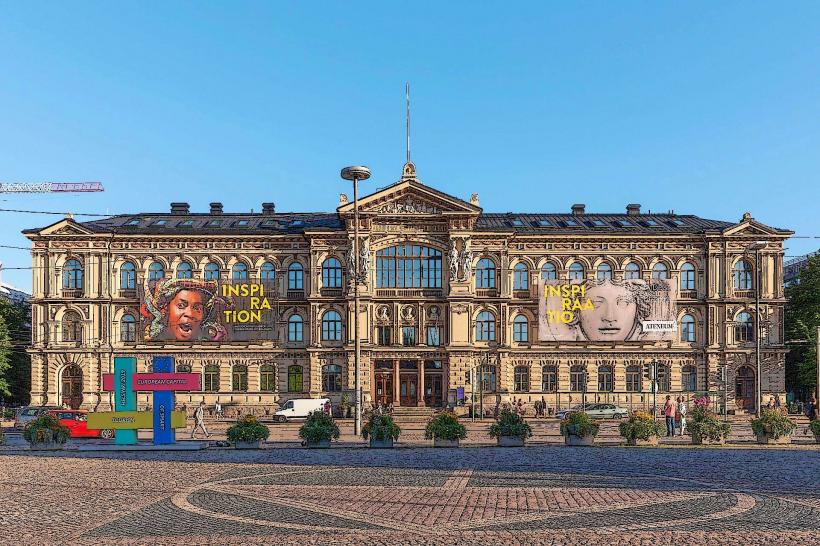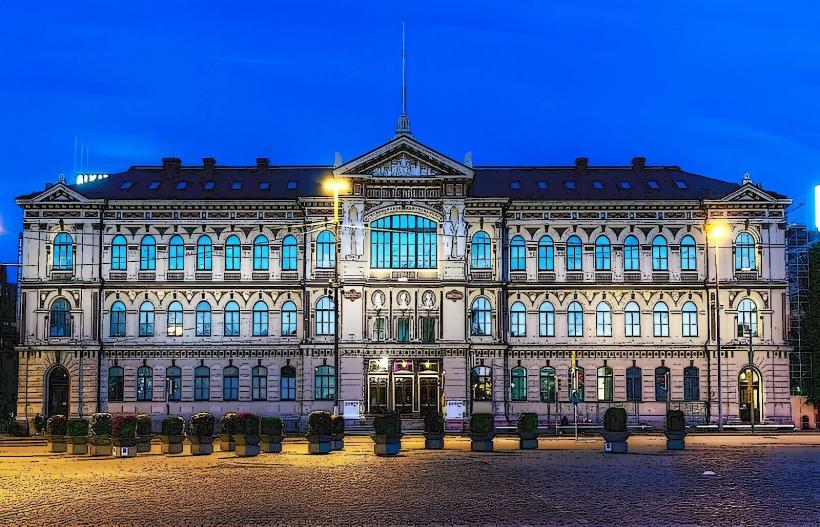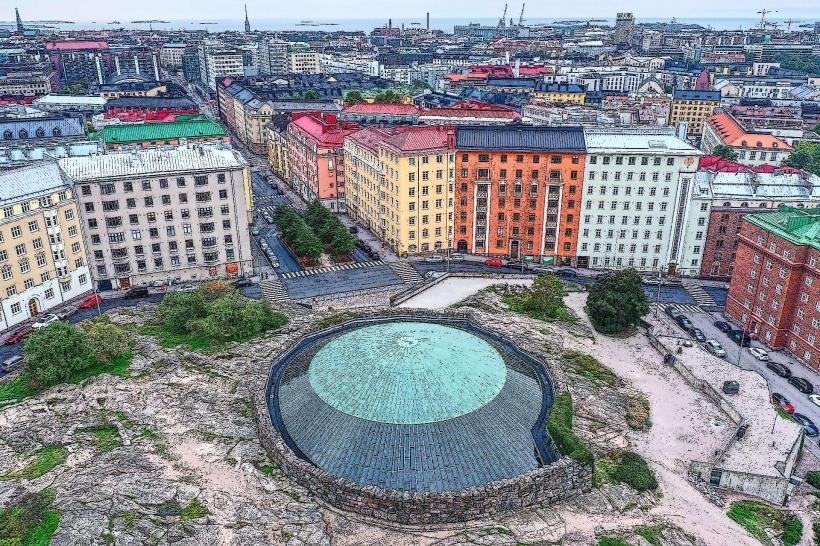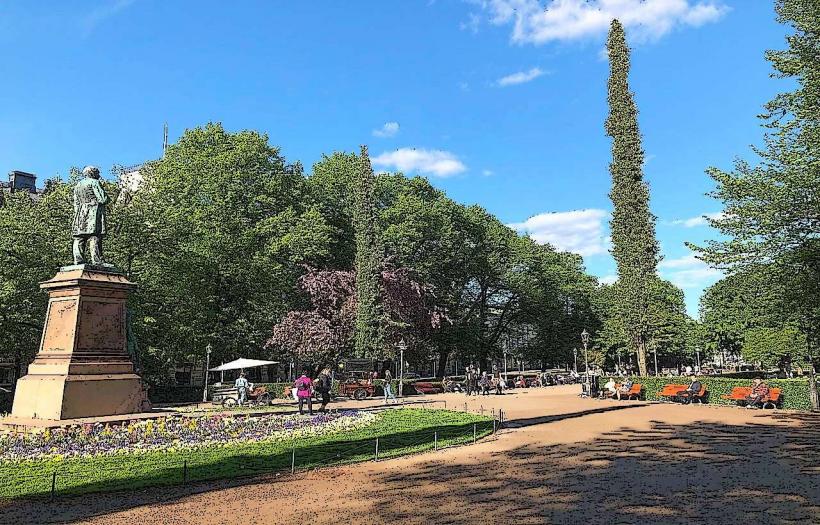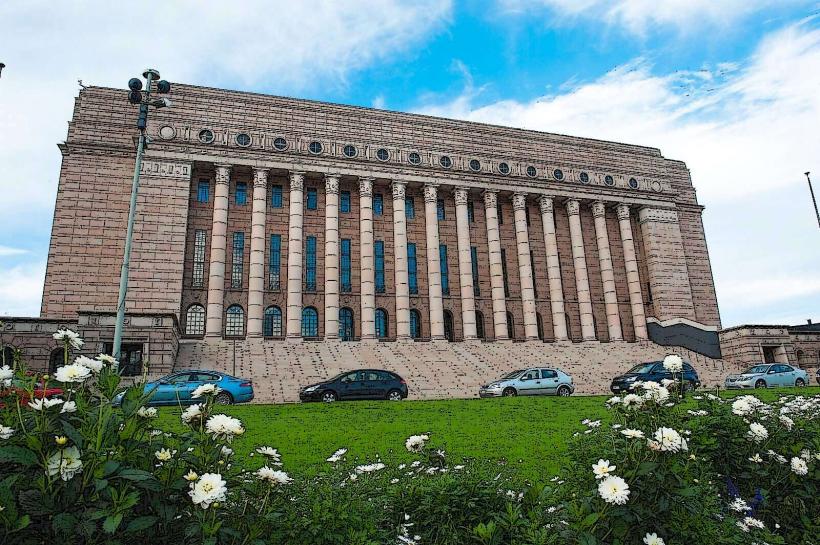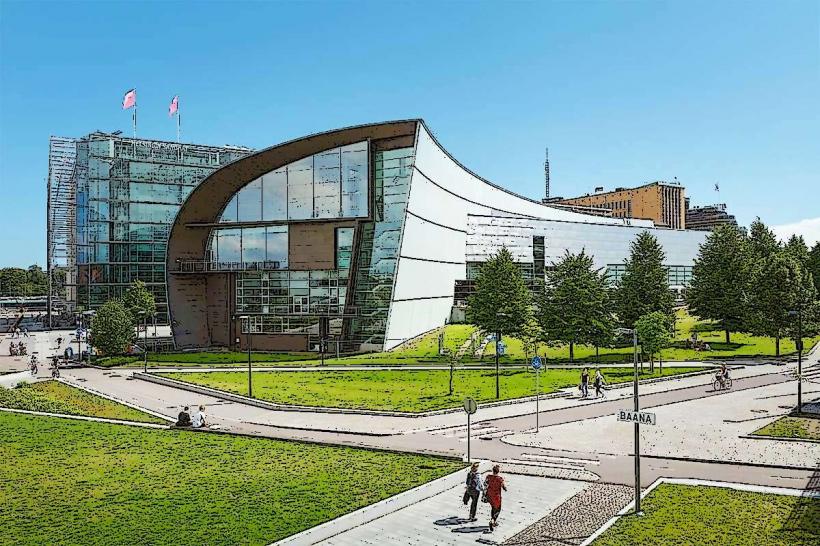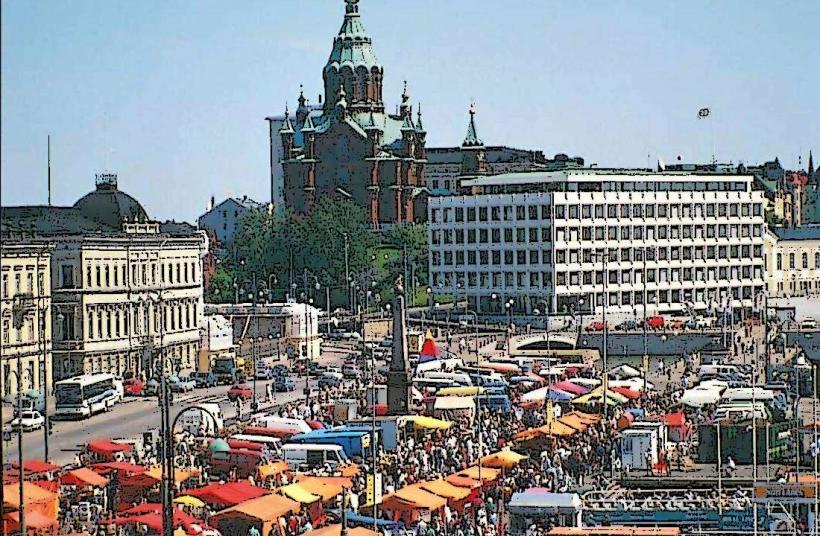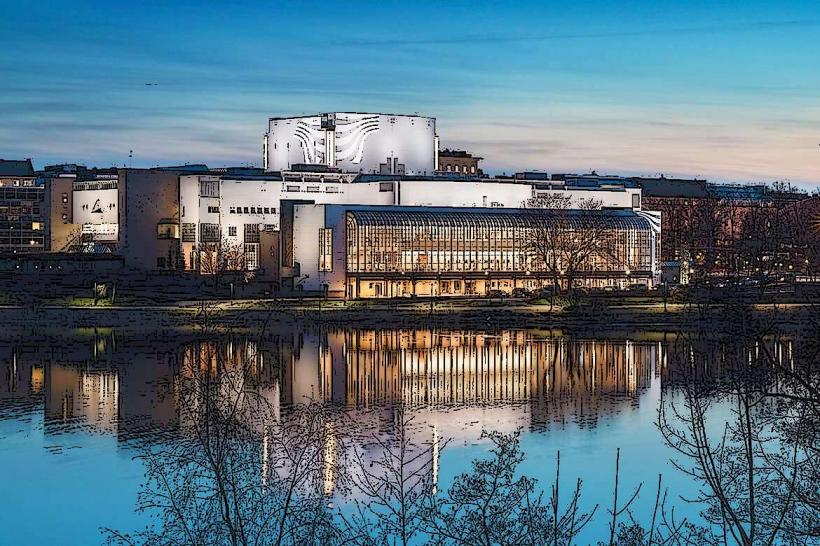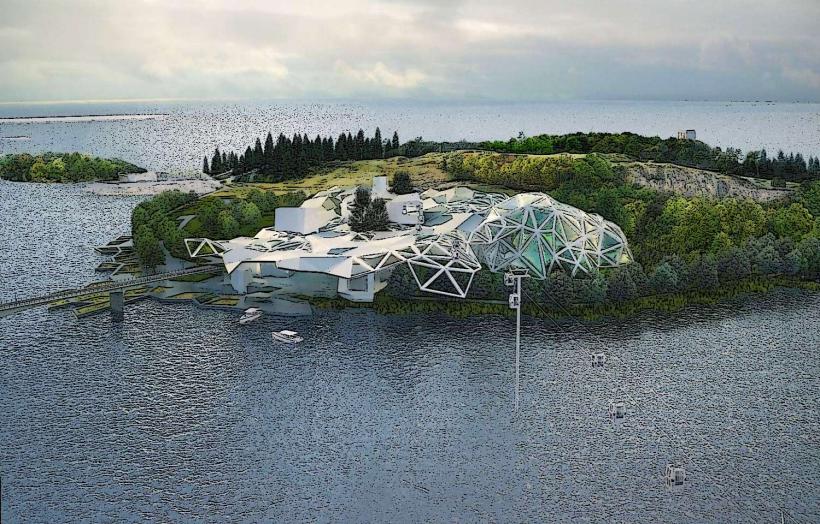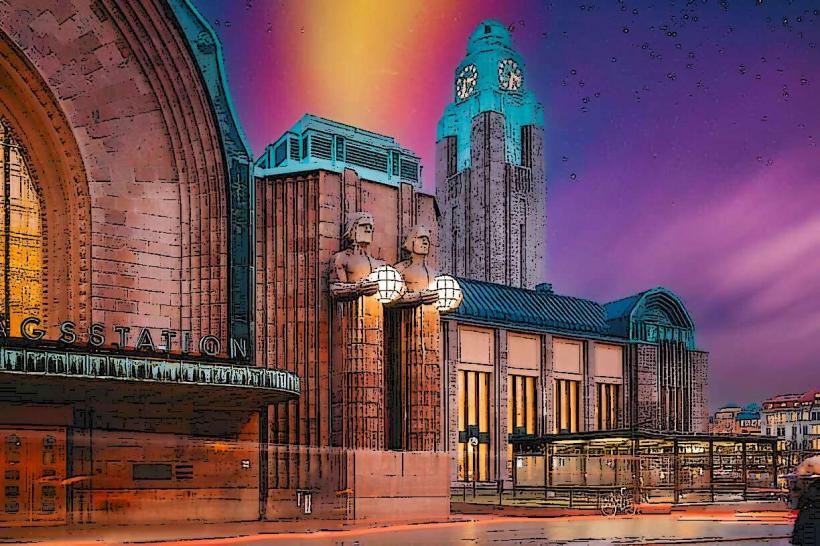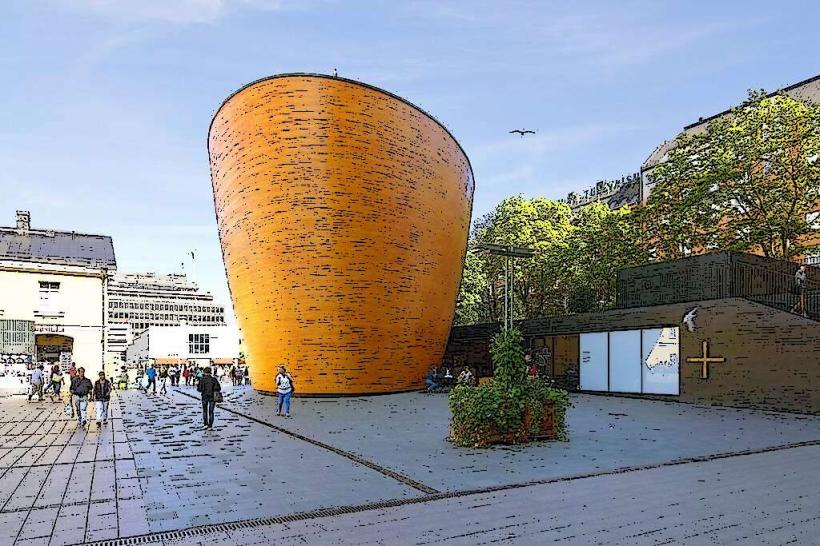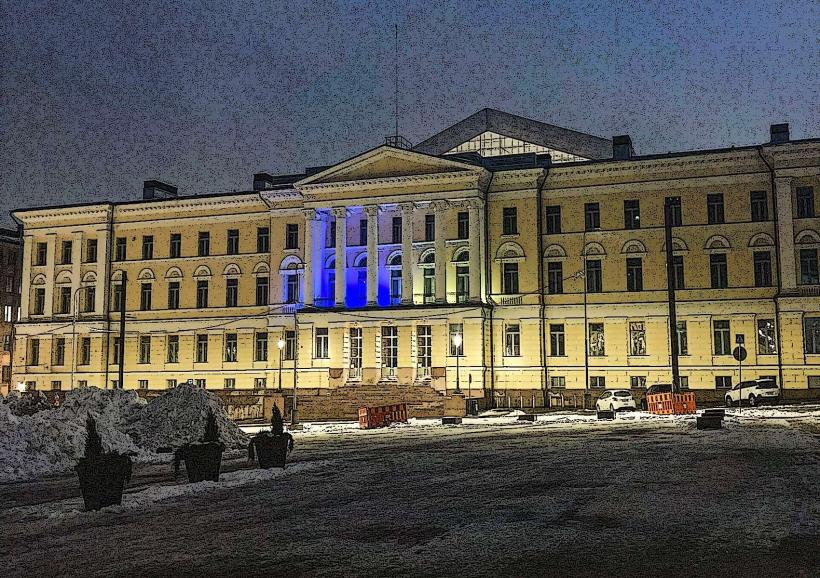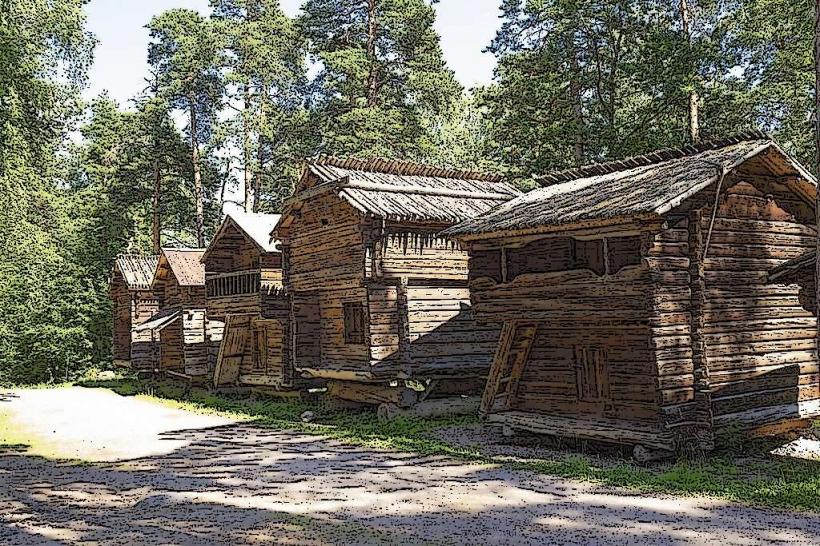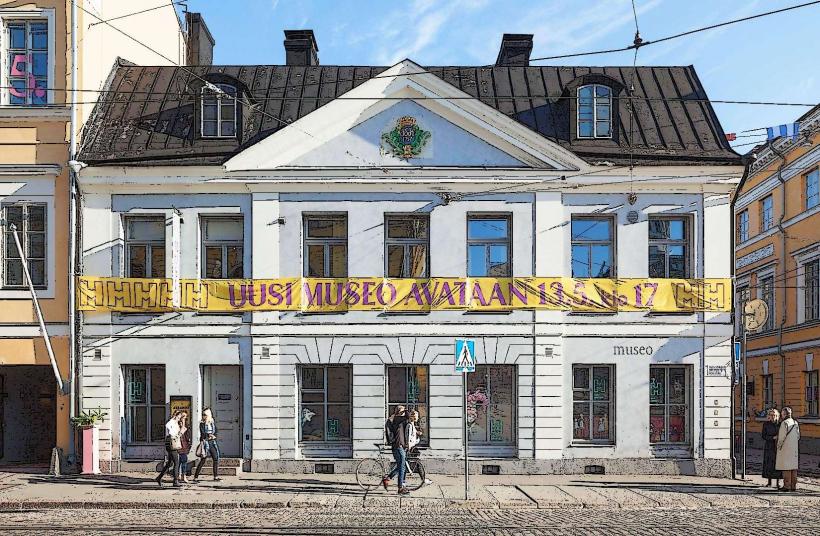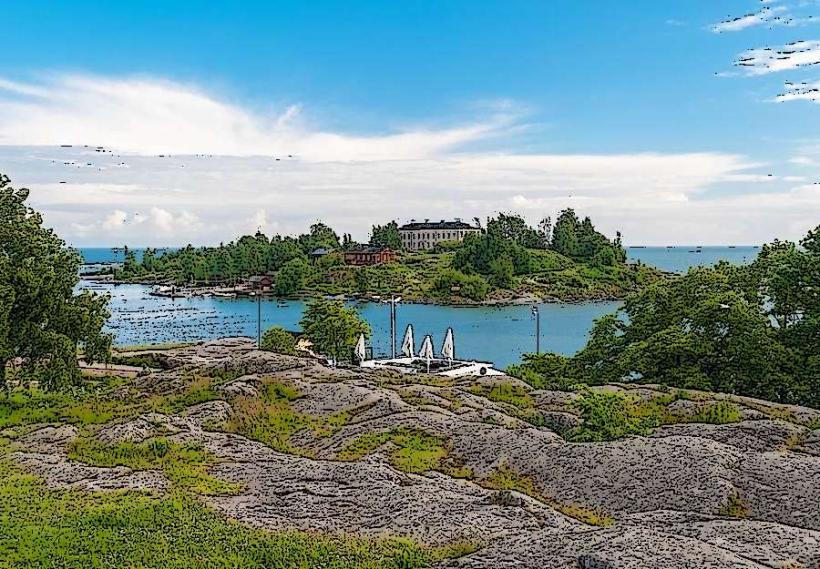Information
Landmark: Finnish Museum of Natural HistoryCity: Helsinki
Country: Finland
Continent: Europe
Finnish Museum of Natural History, Helsinki, Finland, Europe
The Finnish Museum of Natural History (Luonnontieteellinen Museo) is one of Finland’s most prominent museums, dedicated to the study and preservation of nature, biodiversity, and the natural sciences. Located in Helsinki, it offers a fascinating exploration of Finland’s ecosystems, wildlife, and geological history. The museum is an important institution for both educational purposes and scientific research, with a particular focus on showcasing Finland’s natural heritage and the broader global environment.
History and Origins
The museum was founded in 1829, originally as part of the University of Helsinki. It has a long history of research and education, and over the years, it has grown into a major national institution that focuses on natural history collections, public education, and scientific inquiry. The museum was initially housed in various university buildings before moving to its current location in the Kaisaniemi district of Helsinki, next to the University of Helsinki campus.
It is part of the University of Helsinki and serves both as a museum and as a research institution, supporting a wide range of studies in biodiversity, geology, zoology, botany, and ethnography.
Key Exhibitions and Collections
The Finnish Museum of Natural History is known for its extensive collections and interactive exhibits that span a range of natural sciences.
1. Permanent Exhibitions:
- Biodiversity and Evolution:
- This core exhibition explores the diversity of life on Earth, from the earliest organisms to the wide variety of species that exist today. Visitors can learn about evolutionary biology, the origin of species, and the interdependence of ecosystems. The exhibition features life-sized models and interactive displays that highlight key processes in evolution.
- The Finnish Nature:
- This exhibit focuses on the natural landscapes and ecosystems of Finland. It showcases Finland’s forests, lakes, mountains, and coastal areas, and the unique wildlife that inhabits these regions. Visitors can view dioramas of Finnish animals such as moose, wolves, bears, eagles, and many species of birds and insects.
- Ice Age and Geological History:
- An important section of the museum is dedicated to Finland’s geological history. The exhibition traces the formation of the Finnish landscape, the impact of the Ice Age, and the evolution of the Earth’s crust. It also features displays of fossils, rocks, and minerals from different geological periods.
- Human Evolution and Prehistoric Life:
- The museum also explores the evolution of humankind and the prehistory of humans. This section highlights the development of early humans, ancient tools, and the survival strategies that shaped the course of human history.
2. Thematic and Temporary Exhibitions:
- In addition to the permanent collections, the museum hosts temporary exhibitions that focus on contemporary environmental issues, sustainability, and natural science research. These exhibitions may cover topics such as climate change, conservation efforts, endangered species, and natural resource management.
- For example, exhibits on marine life, invasive species, or extinction events have been presented to raise awareness about the pressing environmental challenges the world faces today.
3. Ethnographic Collections:
- The museum also has an important ethnographic collection, which includes cultural objects and tools from indigenous peoples around the world. This collection highlights the connection between human cultures and their natural environments, showing how various societies have interacted with and adapted to their landscapes.
Research and Scientific Role
The Finnish Museum of Natural History is not only a museum for the public but also a center for scientific research. It conducts important studies in several areas of natural science, particularly in biodiversity, ecology, and conservation. The museum’s research focuses on the preservation of species, climate change effects, and sustainable management of natural resources.
The museum houses a botanical garden, which is part of the University of Helsinki, and this garden is a living collection of plants that supports the museum’s research in botany and agriculture.
Additionally, the museum participates in international scientific projects related to biodiversity conservation, climate research, and environmental education, working with other institutions and museums around the world.
Special Features and Activities
Interactive Learning:
- The Finnish Museum of Natural History is designed to engage visitors through hands-on and interactive displays. Children and families can enjoy special educational activities, including workshops, guided tours, and play-based learning sessions.
- The museum has interactive exhibits where visitors can explore virtual ecosystems, play games related to animal conservation, or take part in interactive quizzes about Finland's wildlife.
The Botanical Garden:
- The museum is closely linked with the Helsinki Botanical Garden, which is located near the museum. This garden includes a diverse range of plants from both native Finnish flora and exotic plants from around the world. It serves as a living laboratory for research in plant science and conservation.
Events and Lectures:
- The museum regularly organizes lectures, seminars, and scientific discussions aimed at fostering public awareness of environmental issues and the latest natural science research. These events are often led by prominent scientists and environmental activists.
- The museum also hosts family-friendly events like nature walks, special exhibitions on specific animals or plants, and seasonal celebrations related to Finnish nature and traditions.
School Programs:
- The museum offers a wide range of educational programs for school groups, from primary school to university levels. These programs aim to teach students about natural history, biodiversity, and environmental stewardship through engaging, age-appropriate activities and interactive displays.
Location and Accessibility
The Finnish Museum of Natural History is located in the Kaisaniemi district of Helsinki, close to Helsinki Central Station. It is easily accessible by public transportation, including trams, buses, and metro, and is within walking distance from many central attractions in the city.
Conclusion
The Finnish Museum of Natural History is an essential destination for anyone interested in exploring the natural world and understanding the rich biodiversity of Finland and beyond. Through its extensive collections, interactive exhibits, and focus on conservation and sustainability, the museum offers an engaging and educational experience for visitors of all ages. Whether you are interested in geology, wildlife, climate change, or human evolution, the museum provides a comprehensive look at the forces that shape our planet and our place within it.

